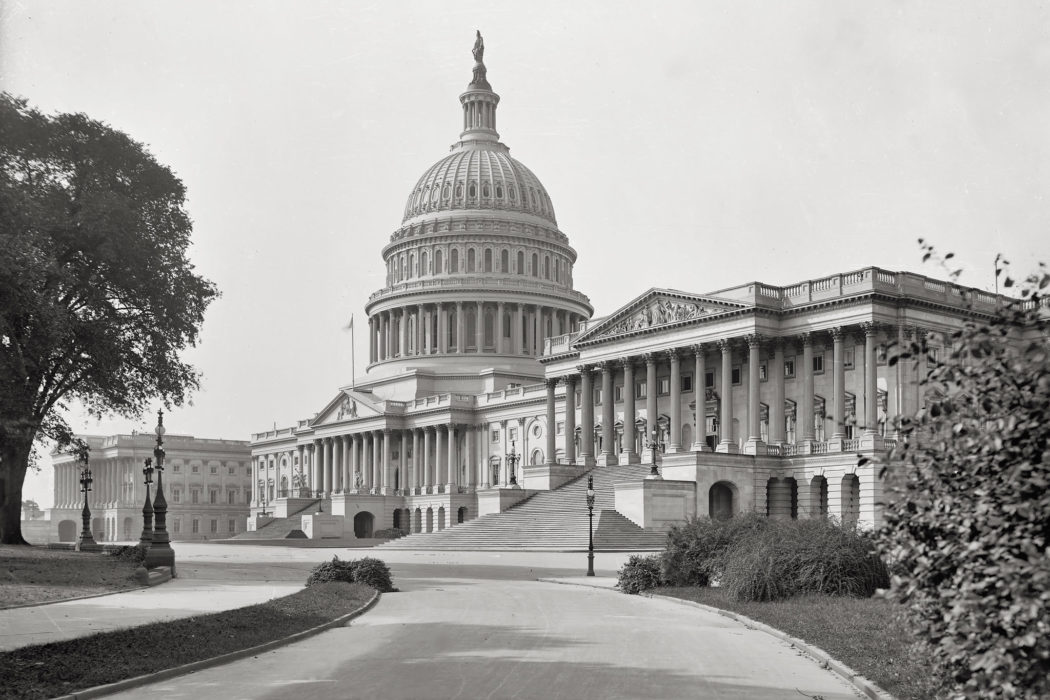“IT IS A SPECTACLE never before witnessed,” William Jennings Bryan wrote from the Democratic National Convention in Baltimore. He was surprised at how aggressively moneyed interests had entered the political process in 1912. ‘Abdu’l-Bahá had first gone on record about leadership and corruption thirty-seven years earlier, when he was just thirty-one years old. In 1875 he wrote a long, open letter — called The Secret of Divine Civilization — to the people and government of Persia in support of the early modernization efforts of Násiri’d-Dín Sháh, the king who had banished Bahá’u’lláh and his family from Iran.
In The Secret of Divine Civilization, ‘Abdu’l-Bahá demanded a high standard of conduct from political leaders: “First,” he wrote, “the elected members must be righteous, God-fearing, high-minded, incorruptible.” “These give no thought to amassing enormous fortunes for themselves; they believe, rather, that their own wealth lies in enriching their subjects.” He added: “They take no pride in gold and silver, but rather in their enlightenment and their determination to achieve the universal good.”
‘Abdu’l-Bahá’s open letter to the people of Persia engaged a wide range of national issues. In America, Social Gospel churchmen marched in the forefront of reform, but in Iran the clergy, and their arbitrary interpretation of the law, was a major barrier to progress. Two plaintiffs could go to two different religious officials about the same case and receive opposite decisions. “It may even happen that in one and the same case two conflicting decisions will be handed down by the same mujtahid, on the grounds that he was inspired first in one direction and then in the other,” ‘Abdu’l-Bahá wrote. “There can be no doubt that this state of affairs has confused every important issue and must jeopardize the very foundations of society.”

Much of the debate during the American election of 1912 was about the structure of political leadership — Should Senators be elected directly? What powers should the President have? — but ‘Abdu’l-Bahá was generally more concerned with the qualities of political leadership. “It is unquestionable that the object in establishing parliaments is to bring about justice and righteousness,” he wrote, “but everything hinges on the efforts of the elected representatives.”
In The Secret of Divine Civilization, ‘Abdu’l-Bahá addressed the subject at length: “If these individuals prove to be pure and high-minded, if they remain free from the taint of corruption, the confirmations of God will make them a never-failing source of bounty to mankind . . . . If, however, the members of these consultative assemblies are inferior, ignorant, uninformed of the laws of government and administration, unwise, of low aim, indifferent, idle, self-seeking, no benefit will accrue from the organizing of such bodies.”
‘Abdu’l-Bahá grasped the tendency of human beings to mishandle power. “Any agency whatever, though it be the instrument of mankind’s greatest good, is capable of misuse,” he wrote. “Its proper use or abuse depends on the varying degrees of enlightenment, capacity, faith, honesty, devotion and highmindedness of the leaders of public opinion.”






